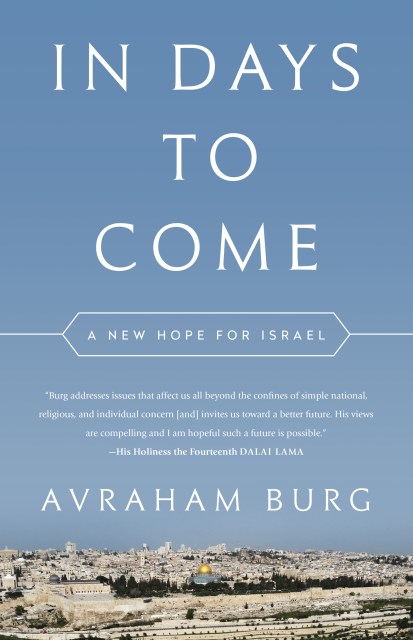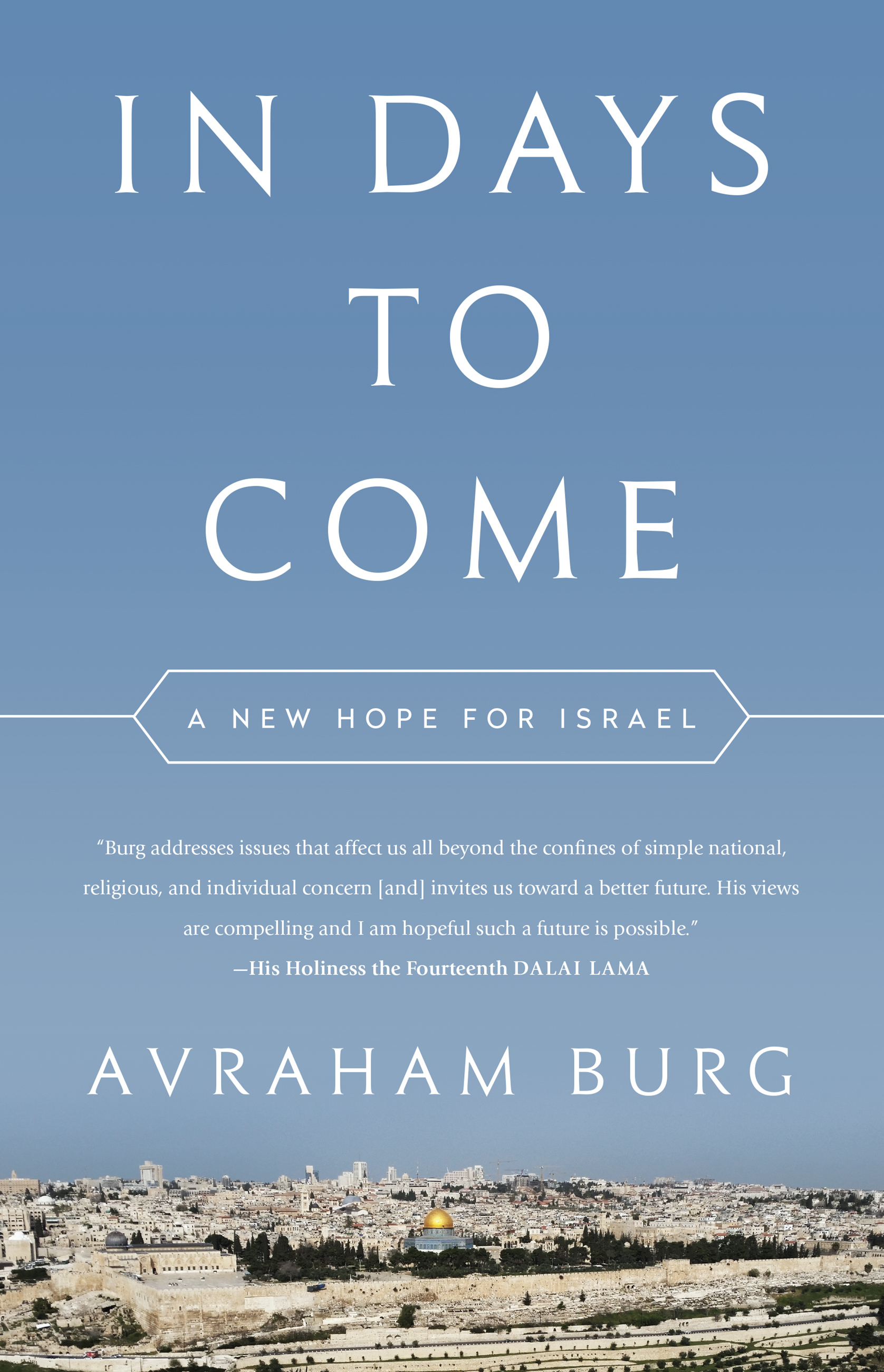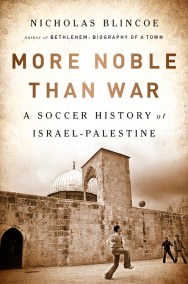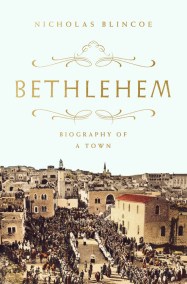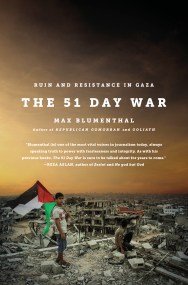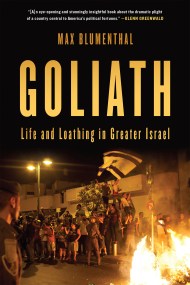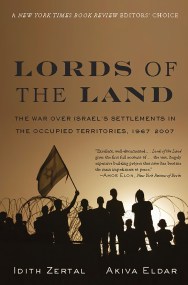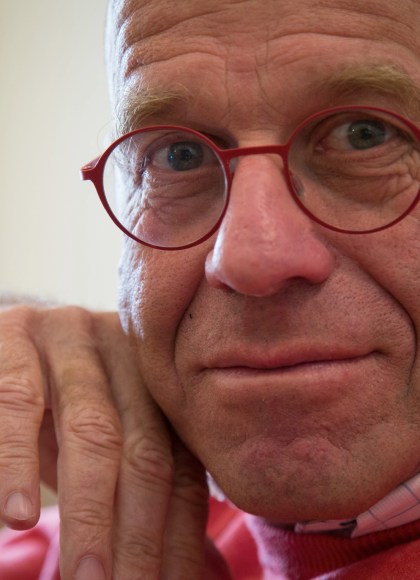By clicking “Accept,” you agree to the use of cookies and similar technologies on your device as set forth in our Cookie Policy and our Privacy Policy. Please note that certain cookies are essential for this website to function properly and do not require user consent to be deployed.
In Days to Come
A New Hope for Israel
Contributors
By Avraham Burg
Translated by Joel Greenberg
Formats and Prices
- On Sale
- Jan 9, 2018
- Page Count
- 336 pages
- Publisher
- Bold Type Books
- ISBN-13
- 9781568589794
Price
$18.99Price
$24.99 CADFormat
Format:
- ebook $18.99 $24.99 CAD
- Hardcover $38.00 $48.00 CAD
This item is a preorder. Your payment method will be charged immediately, and the product is expected to ship on or around January 9, 2018. This date is subject to change due to shipping delays beyond our control.
Buy from Other Retailers:
So begins Avraham Burg’s authoritative and deeply personal inquiry into the ambitions and failures of Israel and Judaism worldwide.
Born in 1955, Burg witnessed firsthand many of the most dramatic and critical moments in Israeli history. Here, he chronicles the highs and lows of his country over the last five decades, threading his own journey into the story of his people. He explores the misplaced hopes of religious Zionism through the lens of his conservative upbringing, explains Israel’s obsession with military might while relating his own experiences as a paratrooper officer, and probes the country’s democratic aspirations, informed by his tenure in the Knesset.
With bravery and candor, Burg lays bare the seismic intellectual shifts that drove the country’s political and religious journeys, offering a prophecy of fury and consolation and a vision for a new comprehensive paradigm for Judaism, Israel, and the Middle East.
-
"In this book Avrum Burg addresses issues that affect us all beyond the confines of simple national, religious, and individual concern. He invites us to take part in the most important flight of all-the flight towards a better future. His views are compelling and I am hopeful such a future is possible if we all make an effort, sincerely and with wisdom. I appreciate the author's hard work for putting his concerns into words."His Holiness, the Dalai Lama
-
"In this thoughtful, poignant, and unflinchingly honest memoir, Avraham Burg inspires us to think anew about Israel's place in the world and in our hearts. A man who manages to balance clear-eyed pragmatism with a profound commitment to human rights and civil liberties, Burg is an inspiration for all who care about justice and peace."Ayelet Waldman, author of Kingdom of Olives and Ash and Love& Treasure
-
"A leftist Israeli activist delivers a singular sermon explaining what needs urgent repair in the Jewish democracy... A heartfelt synthesis of a coming-of-age story, a political jeremiad, a memoir, and a manifesto."Kirkus Reviews
-
"The former speaker of Israel's Knesset gives his own take on his country's history and the quagmire it now finds itself in as Zionism and Jewish identity evolve to meet the new realities of the 21st century."New York Times Book Review
Newsletter Signup
By clicking ‘Sign Up,’ I acknowledge that I have read and agree to Hachette Book Group’s Privacy Policy and Terms of Use
